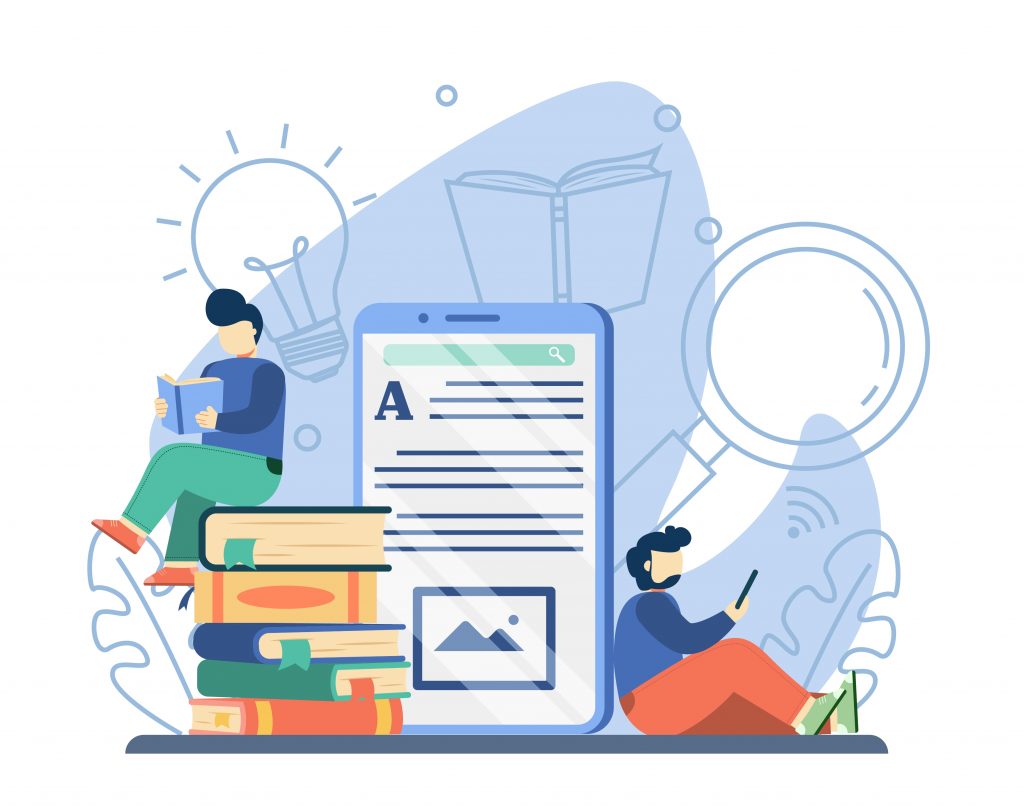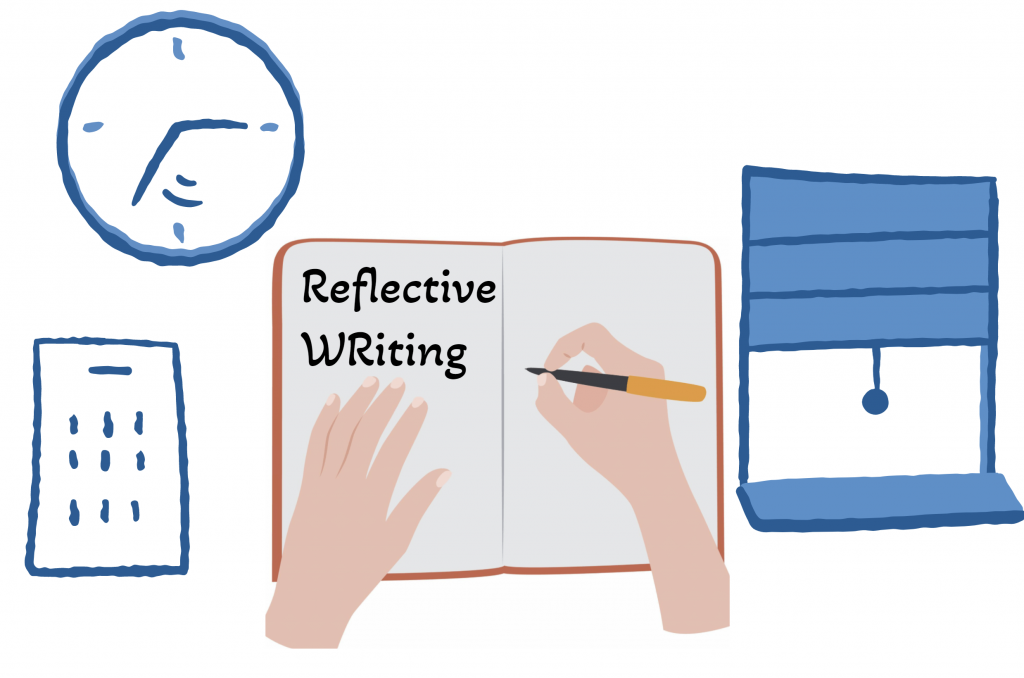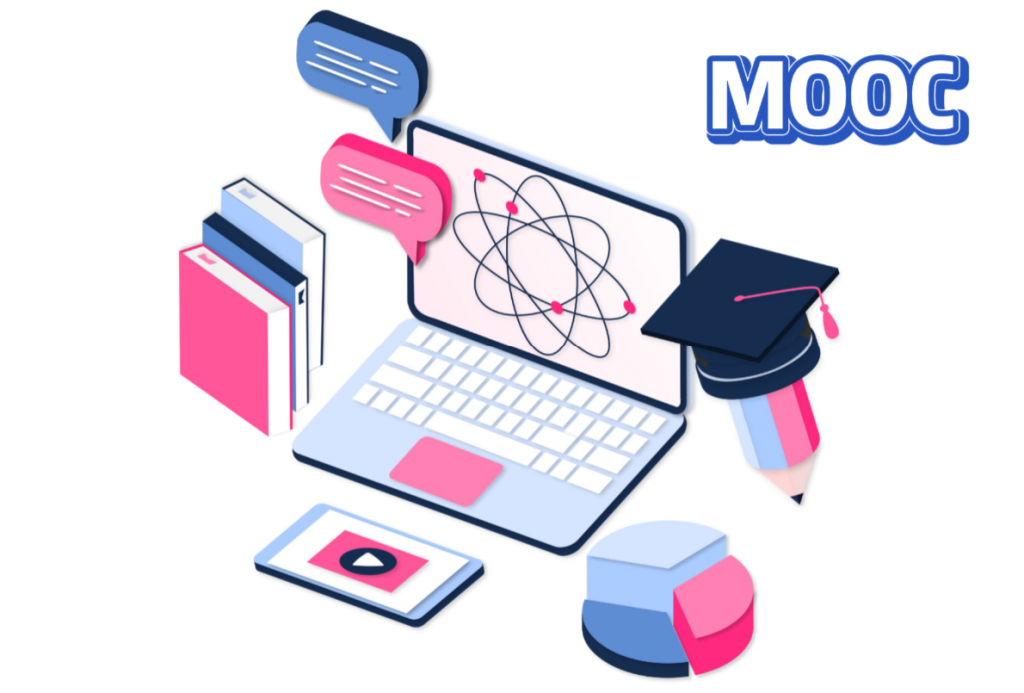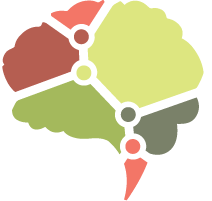Language Learning


VocabNomad
VocabNomad is a mobile assisted language learning and communication support application, designed to be location aware and adapt to the user’s changing vocabulary support needs through the use of learner models.
Add Your Heading Text Here
Adaptivity is provided through the use of learner models that track learner’s language use and preferences. Standardized assessments of vocabulary knowledge were used to determine if the adaptive communication support that is provided by VocabNomad can help English language learners improve their vocabulary knowledge.
Project Lead: Carrie Demmans Epp (PhD Work)
Collaborators: Stephen Tsourounis, Justin Djordjevic, Christopher Arnold, & Semaphore (Faculty of Information, University of Toronto)
Publications & Presentations:
Carrie Demmans Epp. & Krystle Phirangee. (2019). Exploring mobile tool integration: Design activities carefully or students may not learn. Contemporary Educational Psychology, Special Issue on Mobile Technology, Learning, and Achievement: A Critical Perspective on the Role of Mobile Technology in Education, online first. https://doi.org/10.1016/j.cedpsych.2019.101791
Carrie Demmans Epp. (2018). Developing an adaptive mobile tool to scaffold the communication and vocabulary acquisition of language learners. In Zhang, Y. & Cristol, D. (Eds.), The Handbook of Mobile Teaching and Learning, 2nd ed. Springer. 1-26. https://doi.org/10.1007/978-3-642-41981-2_92-1
Carrie Demmans Epp. (2017). Migrants and Mobile Technology Use: Gaps in the Support Provided by Current Tools. Journal of Interactive Media in Education (JIME), special issue on Migrants, Education, and Technology. 2017(1), 1-13. http://doi.org/10.5334/jime.432

Reading Tutor
This project aims to help low-literacy adults improve their reading comprehension through situated learning activities that ask learners to complete everyday tasks that involve reading.

This system dynamically changes the difficulty of tasks based on learner performance and it adjusts the thematic content of these activities based on learner interests. By enabling rapid acquisition of language we will also improve learners’ career potential and their childrens’ potential learning outcomes.
People: Carrie Demmans Epp
Alumni: Sarah Amaneddine, Tyler Heise, Shounan Pei, Ryan Perez, William Wong, Jill Zheng
CS Education


Continuous Integration
Continuous integration (CI) is a professional CS practice that automatically provides timely feedback. This study integrated CI into an undergraduate course to increase the amount of feedback students receive and better prepare them for their career.
Add Your Heading Text Here
Computer science (CS) students rarely receive early feedback that can help them improve their learning and grades. This first iteration of an action-research project evaluated this integration from students and teaching assistants’ perspectives. Results revealed the biggest benefit for students was ensuring they would not receive a zero on assignments only because their output or code were in the wrong format. Concerns over initial problems with the CI system and students’ unfamiliarity also surfaced. Improvements to CI use are suggested based on participant feedback.
Collaborators: Carrie Demmans Epp, Gokce Akcayir, Denilson Barbosa
Publications:
Akcayir, G., Demmans Epp, C., & Barbosa, D. (2020). Continuous Integration in Computer Science Education: An Action Research Study. American Educational Research Association (AERA) Annual Meeting. http://tinyurl.com/yx2yx2vh

Think Twice: Reflective Writing and Peer Feedback
This explored student’s reflective thinking and writing abilities using peer feedback in Computer Science courses.

This project which started in the Winter term of 2018 involves action and design-based research traditions. For three projects in the Human Computer Interaction course, students used institutional Google Docs services to prepare, submit, and review the assigned reflections. The built-in comments feature of this service was used by students to provide peer feedback.
People: Gokce Akcayir, Carrie Demmans Epp
Alumni: Krystle Phirangee
Publications:
Akcayir, G., Phirangee, K., & Demmans Epp, C. (2019). Think twice: Exploring the effect of reflective practices with peer review on reflective writing and writing quality in Computer-Science education. Reflective Practice, 20(4), 533-547. [Q1 – Philosophy] https://doi.org/10.1080/14623943.2019.1642189


Strategies for Integrating Online Discussion
The focus of the project is on instructors’ strategies for handling online discussion platform (Piazza), students’ reactions to these strategies, and how the integration of online discussions into CS courses can be improved.
Add Your Heading Text Here
Employing a mixed-methods research design, qualitative and quantitative approaches were used to understand how instructors use online discussion as a source of feedback in their teaching. The data comes from two case studies that represents deep and shallow integrations. To examine these integration processes, students’ discussion posts alongside the instructors’ reflective diaries and interviews were analyzed using topic modeling and content analysis.
People: Carrie Demmans Epp, Gokce Akcayir, Zhaorui Chen, Velian Pandeliev, Cosmin Munteanu
Publications:
Akcayir, G., Chen, Z., Pandeliev, V., Demmans Epp, C., & Munteanu, C. (2020). Two Case Studies of Online Discussion Use in Computer Science Education: Deep vs Shallow Integration and Recommendations. In C. Brett & L. Wilton (Eds.) Handbook of Research on Online Discussion-Based Teaching Methods. IGI Global. 409-434.
Mobile Learning

PsychOut Mobile Learning
PsychOut is a case-based mobile learning app that aims to expose nursing students to clinical situations before they begin their formal clinical training in psychiatric units.

This app uses multimedia materials to enable nursing students to explore psychiatric cases through choose-your-own-adventure style activities. This app was evaluated for its effectiveness at supporting nurse training.
Collaborators: Joe Horne (University Center for Teaching and Learning – University of Pittsburgh), Britney Kepler, Irene Cane, and Amy Bowser (University of Pittsburgh, School of Nursing)
Publications:
Demmans Epp, C., Horne, J., & Mitchell, A.M. (2020). Students’ Perspective of Simulation for Psychiatric Nurse Training. American Educational Research Association (AERA) Annual Meeting. http://tinyurl.com/w5u5szx
Demmans Epp, C., Horne, J., Scolieri, B.B., Kane, I., Bowser, A.S. (2018) PsychOut! – A Mobile App to Support Mental Status Assessment Training. In European Conference on Technology Enhanced Learning (EC-TEL) (pp. 497-509). http://link.springer.com/10.1007/978-3-319-98572-5_17
Demmans Epp, C., Phirangee, K., Despres-Bedward, A., & Wang, L. (2017). Resourceful Instructors and Students: Overcoming Barriers to Integrating Mobile Tools. In Power, R., Ally, M., Cristol, D., & Palalas, A. (Eds.), IAmLearning: Mobilizing and Supporting Educator Practice. E-book. https://iamlearning.pressbooks.com/part/ch-3-resourceful-instructors-and-students-overcoming-barriers-to-integrating-mobile-tools/
Online Learning


Massive Open Online Courses (MOOCs)
A set of studies covering various aspects of how learners interact with MOOC learning materials, learner background, and learner knowledge.
This project includes aspects of students’ language use and their use of learning materials. It also includes aspects of instructional design.
Collaborators: Diane Litman, Chris D. Schunn, Alok Baikadi, Yanjin Long, Rae Mancilla, & Valerie Swigart
Publications & Presentations:
Mahdi Rahmani Hanzaki, & Carrie Demmans Epp. (2018) The effect of personality and course attributes on academic performance in MOOCs. In European Conference on Technology Enhanced Learning (EC-TEL) (pp. 216-230). http://link.springer.com/10.1007/978-3-319-98572-5_38
Alok Baikadi, Carrie Demmans Epp, & Christian D. Schunn. (2018). Participating by activity or by week in MOOCs. Information and Learning Science. 119(9/10), 572-585. https://doi.org/10.1108/ILS-04-2018-0033
Muthu K. Chandrasekaran, Carrie Demmans Epp, Min-Yen Kan, , & Diane J. Litman. (2017). Using Discourse Signals for Robust Instructor Intervention Prediction. In AAAI 2017 (pp. 3415-3421). San Francisco, CA, USA. https://aaai.org/ocs/index.php/AAAI/AAAI17/paper/view/14904
Demmans Epp, C., Tsourounis, S., Djordjevic, J., & Baecker, R.M. (2013). Interactive Event: Enabling Vocabulary Acquisition while Providing Mobile Communication Support. In Artificial Intelligence in Education (AIED) (pp. 932–933). Memphis, TN, USA: Springer. http://doi.org/10.1007/978-3-642-39112-5_150
